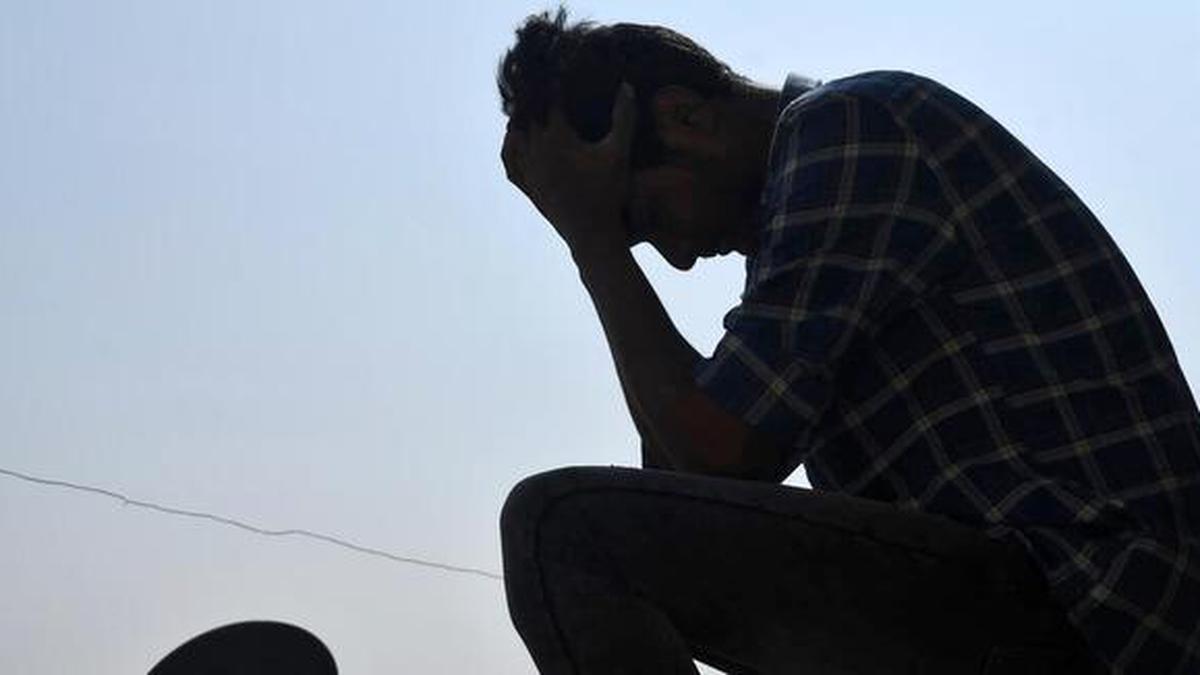
Modern antidepressants can reduce risk of depressive relapse for bipolar patients, according to UBC and NIMHANS study
The Hindu
Modern antidepressants can reduce risk of depressive relapse for bipolar patients, according to UBC and NIMHANS study
A new international study led by researchers from University of British Columbia (UBC) and NIMHANS has found that treatment with modern antidepressants can help prevent patients with Bipolar I disorder from relapsing into a depressive episode.
“The findings, published in the New England Journal of Medicine on August 3, challenge current clinical practice guidelines, and could change how bipolar depression is managed globally,” said Y.C. Janardhan Reddy, head of the Department of Psychiatry and OCD Clinic at NIMHANS.
Bipolar disorder, earlier known as manic-depressive disorder, is prevalent in about 1% of the population, and tends to be a lifelong illness. Bipolar disorder has two phases — depression and mania. “Patients can sometimes develop mania, and other times depression, in a cyclical fashion,” said Professor Reddy, who is the principal investigator of the study in India.
Professor Lakshmi Yatham from the UBC, who is a visiting professor at NIMHANS, is the global principal investigator of the study that has been supported by the Canadian Institutes of Health Research.
“Antidepressants are effective in treating depression and in preventing relapse of depression in ‘recurrent depressive disorder’, often called ‘unipolar depression’. However, depression also occurs in the context of bipolar disorder. While there is effective medication to treat and prevent acute mania, treatment and prevention of bipolar type of depression have been challenging, despite the advent of many medications recently,” Professor Reddy told The Hindu on August 3.
“Guidelines recommend discontinuation of antidepressant treatment eight weeks after remission of depression. However, results of this first global randomised clinical trial conducted at sites in Canada, India, and Korea involving 178 patients with bipolar disorder, demonstrate that extending adjunctive antidepressants up to 52 weeks may be beneficial in preventing relapse into depression compared to discontinuation after eight weeks of remission. A majority of the participants in this study were from India, mainly from NIMHANS,” he said.
Stating that bipolar depression can be severe and is often associated with high suicide risk, Dr Reddy said previous studies have shown that suicide attempts and suicide deaths are at least 18 times more common during depressive episodes compared to during manic episodes.













